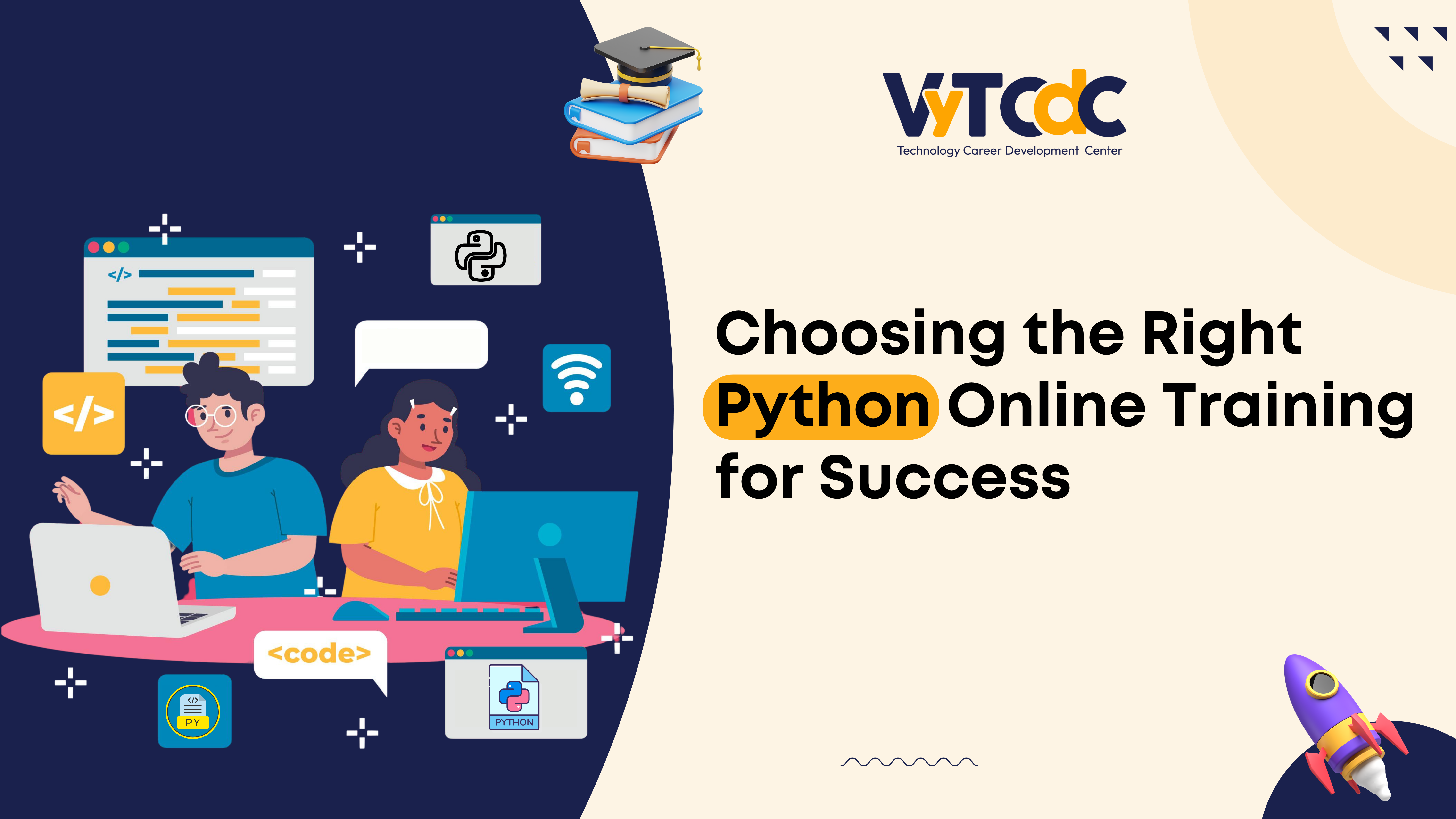Imagine you’re on the flight deck of a spaceship, cruising through the cosmos of programming languages. You’re about to land on a new planet—Python. But wait! How do you ensure this new territory is worth your interstellar voyage? Selecting the appropriate Python online training is crucial for charting a successful course. So buckle up as we explore the galaxy of Python education with a sophisticated yet offbeat lens.
What’s your mission?
Are you an aspiring data scientist, a software developer, or an AI aficionado? Your mission will dictate the type of Python online training you need. Python, with its elegant syntax and powerful libraries, is the Swiss Army knife of programming languages. But with its versatility comes a plethora of learning paths. How do you discern which route will best serve your ambitions?
Image: A futuristic space map with various Python training paths depicted as different planets or stars.
Training Options: The Digital Frontier
The landscape of Python online training is diverse, akin to the myriad galaxies in the universe. Here’s a guide to navigating through them:
Bootcamps vs. Self-Paced Courses: Are you a quick learner who thrives under pressure, or do you prefer a more relaxed, self-directed approach? Bootcamps offer intensive, fast-tracked learning, ideal for those eager to plunge into Python’s depths without delay. On the other hand, self-paced courses provide flexibility, allowing you to master Python at your own speed.
Image: A comparison chart between boot camps and self-paced courses, with icons symbolizing speed versus flexibility.
Project-Based Learning vs. Theoretical Foundations: Are you the kind of learner who believes in hands-on practice or one who appreciates understanding the theoretical underpinnings first? Project-based learning focuses on building real-world applications, whereas theoretical courses delve into Python’s core concepts and principles.
Image: A split image showing a practical coding project on one side and a Python textbook on the other.
Instructor-Led vs. Peer Learning: Do you value direct interaction with seasoned instructors, or do you thrive in a collaborative environment with peers? Instructor-led courses offer personalized guidance and mentorship, while peer learning environments foster community support and collaborative problem-solving.
Image: A virtual classroom with an instructor leading a session versus a group of learners collaborating online.
Key Features of Effective Python Training
Choosing the right course isn’t just about the format; it’s about what’s packed inside. Here are the elements that can make or break your learning experience:
Curriculum Depth and Breadth: Does the course cover fundamental concepts and advanced topics? A robust curriculum should balance foundational knowledge with cutting-edge developments in Python.
Practical Applications: Are there opportunities to work on real-world projects? Hands-on projects and case studies help bridge the gap between theory and practice, enhancing your problem-solving skills.
Support and Resources: What kind of support system does the training provide? Look for courses that offer comprehensive resources, including forums, Q&A sessions, and mentorship.
Image: A toolkit with various Python resources like documentation, forums, and mentorship icons.
Making the Choice: What Fits Your Profile?
Before you dive into a Python online training course, reflect on your learning style, career goals, and the course features that align with your needs. Are you ready to invest time and effort into mastering Python? Will the training provide you with the tools you need to succeed in your chosen field?
Image: A decision-making flowchart guiding users through questions about their learning style and goals.
In Conclusion: Python Awaits Your Command
The journey to learn Python is not a mere stroll but a thrilling expedition filled with learning opportunities and challenges. By carefully selecting the right Python online training, you position yourself to navigate this exciting frontier with confidence and skill. So, are you ready to embark on your coding voyage and transform your future?






